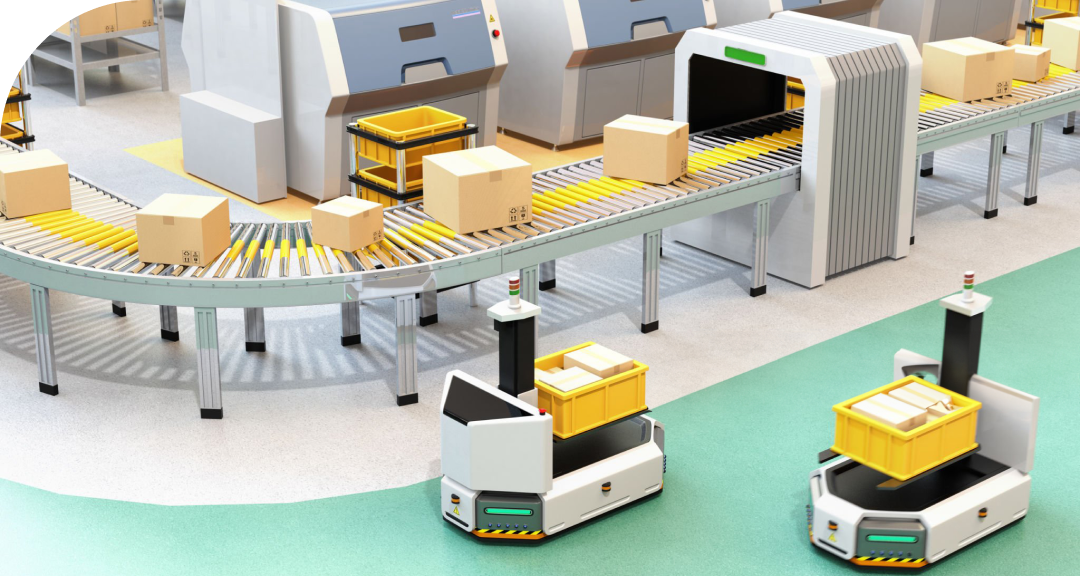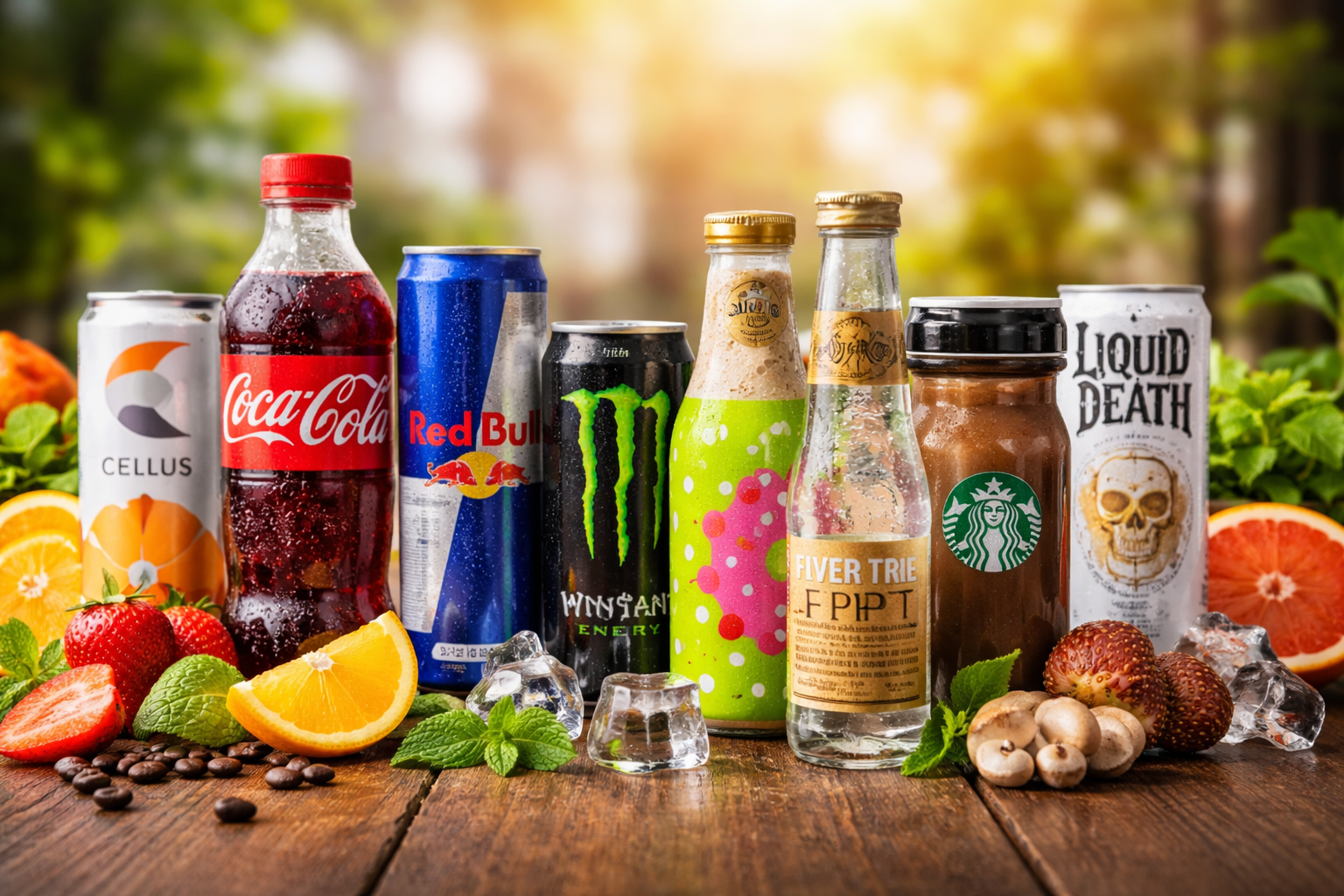AI in manufacturing marketing and sales: A paradigm shift
AI is transforming the food manufacturing sector, particularly in manufacturing marketing and sales. The impact is profound, with 77% of companies either using or exploring AI in their businesses, according to Microsourcing. This isn’t just a trend; 83% of companies consider AI a top priority in their business plans. The shift isn’t just about automation but also about enhancing relationships, refining sales strategies, and making smarter decisions.
AI is driving a new dynamic

Traditionally, food manufacturers like Butterball relied on basic data, such as purchase histories, to gauge their market performance and strengthen relationships with distributors. However, this data was limited, particularly because distributors often withheld operator-specific information. This created a significant gap in understanding the full market picture and hindered the ability to build truly impactful partnerships with both distributors and operators.
For example, 46% of businesses are using AI for customer relationship management, which allows for more personalized and targeted engagement. Companies like Butterball have leveraged AI to gain insights into market trends and customer preferences, helping them strategically position their products and capture market share.
With the integration of AI and solutions like Tastewise, Butterball has been able to close this gap. By accessing previously unavailable operator data, Butterball can now engage in more strategic and informed conversations with both key operators and distributors. This approach not only enhances sales strategies by understanding operator needs and competitive dynamics but also strengthens data-driven relationships with distributors. AI enables Butterball to act on this crucial piece of the puzzle, leading to more meaningful partnerships across the board.
Challenges and opportunities with AI
While AI in manufacturing marketing offers significant advantages, it also presents challenges. One of the biggest hurdles is getting comfortable with the technology. Many manufacturers are still in the early stages of adopting AI and integrating it into their operations. There’s a learning curve involved, but the benefits far outweigh the challenges. Miriam Aniel, thought leader at Tastewise, sums it up perfectly:
“AI in this moment is actually allowing foodservice professionals to be more human.”
AI doesn’t replace human interaction; it enhances it. By automating repetitive tasks and providing deeper insights, AI frees up time for professionals to focus on building relationships and creating value.
Tastewise, a GenAI-powered consumer data platform, is helping manufacturers overcome these challenges. By providing detailed insights into consumer behavior, Tastewise allows manufacturers to understand what’s happening in the market, why it’s happening, and how they can respond effectively. This leads to more engaging conversations with customers and better decision-making.
The future of AI in foodservice
Looking ahead, the role of AI in foodservice will only grow. In the next 5-10 years, we can expect AI to revolutionize the way manufacturers interact with their customers. AI will make gathering and analyzing market information easier, strengthening relationships with operators, and executing marketing strategies with precision.
The future will also bring about more personalized and targeted marketing campaigns. By analyzing data at a granular level, manufacturers will be able to tailor their messages to specific segments, ensuring that they reach the right audience with the right message.
FAQs
AI allows manufacturers to gather and analyze detailed foodservice data on customer preferences and behaviors. This leads to more meaningful conversations and stronger partnerships, as manufacturers can tailor their products and services to meet specific customer needs.
The primary challenge is getting comfortable with the technology and integrating it into existing operations. There’s also a need to train staff and ensure that they understand how to use AI effectively.
AI helps manufacturers identify key trends and execute marketing strategies with precision. By analyzing vast amounts of data, AI enables manufacturers to target their marketing efforts more effectively, resulting in higher engagement and better ROI.
AI in manufacturing marketing and sales is not just a trend; it’s a paradigm shift that is reshaping the industry. By addressing the pain points in data collection and analysis, AI is enabling manufacturers to build stronger relationships, capture market share, and drive growth. As AI continues to evolve, its impact on the foodservice sector will only deepen, offering new opportunities for innovation and success.
FAQs
How is AI helping manufacturers build better relationships with their customers?
AI allows manufacturers to gather and analyze detailed foodservice data on customer preferences and behaviors. This leads to more meaningful conversations and stronger partnerships, as manufacturers can tailor their products and services to meet specific customer needs.
What are the main challenges manufacturers face when adopting AI?
The primary challenge is getting comfortable with the technology and integrating it into existing operations. There’s also a need to train staff and ensure that they understand how to use AI effectively.
How can manufacturers use AI to improve their marketing strategies?
AI helps manufacturers identify key trends and execute marketing strategies with precision. By analyzing vast amounts of data, AI enables manufacturers to target their marketing efforts more effectively, resulting in higher engagement and better ROI.
AI in manufacturing marketing and sales is not just a trend; it’s a paradigm shift that is reshaping the industry. By addressing the pain points in data collection and analysis, AI is enabling manufacturers to build stronger relationships, capture market share, and drive growth. As AI continues to evolve, its impact on the foodservice sector will only deepen, offering new opportunities for innovation and success.




